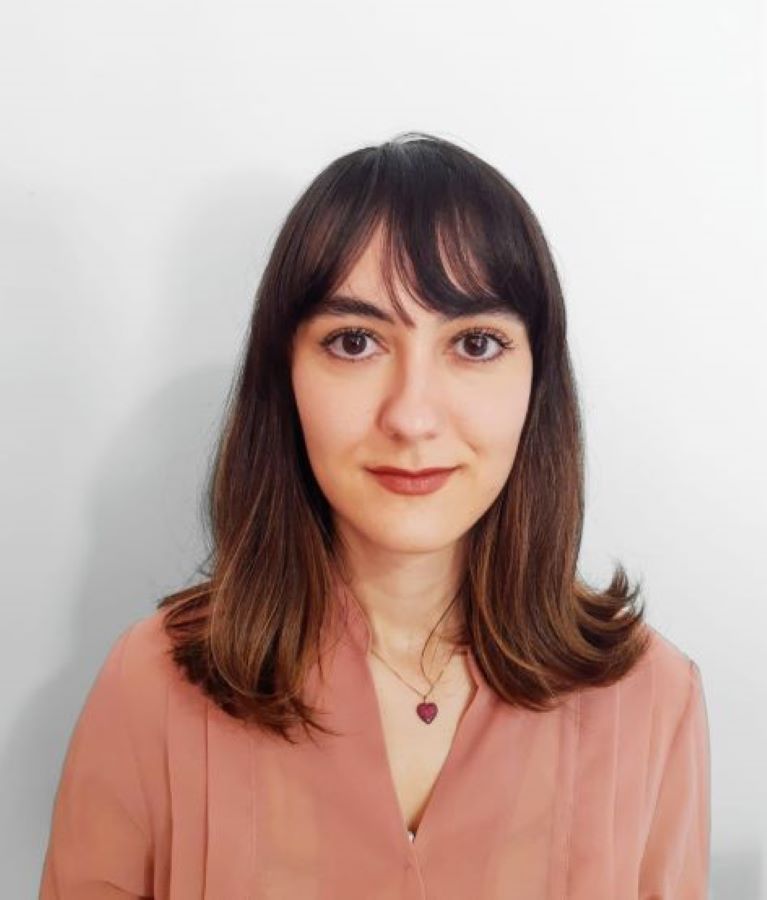
Luiza Ribeiro Marnet (ESR #1) owns a Master’s degree in Electrical Engineering, in the area of Artificial Intelligence, from the Federal University of Rio de Janeiro, and a Bachelor’s degree in Control and Automation Engineering from the Federal Fluminense Institute. During her Master’s, she worked with crack propagation monitoring using Acoustic Emissions. Before joining the REMARO Team, she worked as a temporary Professor at the Federal University of Rio de Janeiro and as a data scientist. Now, she is working at EIVA as a Ph.D. student at IT University of Copenhagen. In her part of the project, she works with the classification and detection of objects in underwater images using deep learning methods. As part of her project, she needs to assess the uncertainties of the models, turning the predictions more reliable. In this project, her main supervisor is Professor Andrzej Wąsowski and her co-supervisors are Doctor Yury Brodskiy and Doctor Stella Grasshof. Her current fields of interest are machine learning and computer vision.
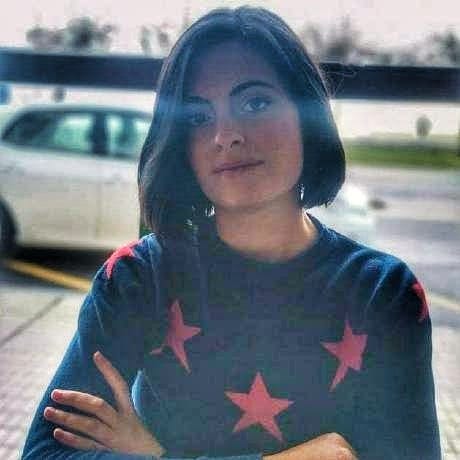
Olaya Álvarez Tuñón (ESR #2) is a PhD student at Aarhus university. She holds a degree in Electronics Engineering (2015), and an MSC in Robotics and Automation (2019) from the University Carlos III of Madrid. She has experience as a researcher assistant in the RFCS project STAMS. Within REMARO, she will work in the development of algorithms for vision-based navigation for underwater safety critical applications. For that, she will make use of camera-based Deep Learning algorithms to aid navigation of underwater vehicles. Her main supervisor is Erdal Kayacan and her industrial supervisor is Yury Brodskiy. Her main research interests are deep learning and computer vision for mobile robot navigation.
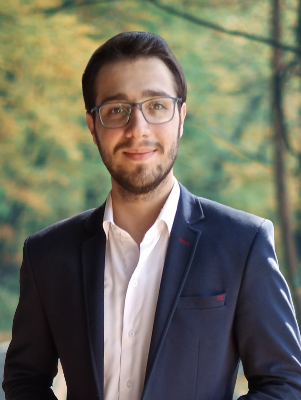
Nael Jaber (ESR #3) holds a Bachelor in Mechatronics Engineering from Rafik Hariri University and a Masters in Mechanical Engineering from the American University of Beirut, Lebanon. During his graduate studies, he served as a graduate researcher at the Vision and Robotics Lab (VRL) of the American University of Beirut where he conducted an applied research in the field of Computer Vision. His master’s thesis aimed for the detection and localization of Processionary Moth nests in pine trees by proposing an AI-based solution which relies on fusing multi-modal imagery for the training of an advanced machine learning model. Nael is a researcher at DFKI, passionate about AI, computer vision, and sensor fusion. As part of the ETN – REMARO project, he is supervised by Prof. Dr. Frank Kirchner and co-supervised by Dr. Bilal Wehbe on his topic entitled “Sonar-based 3D reconstruction for dense underwater SLAM maps” where he will research novel techniques for 3D reconstruction in the aim of obtaining dense environmental representations in the underwater domain. Furthermore, he will develop and investigate sensor fusion algorithms of available underwater sensing modalities for the purpose of achieving enhanced and detailed underwater maps.
.
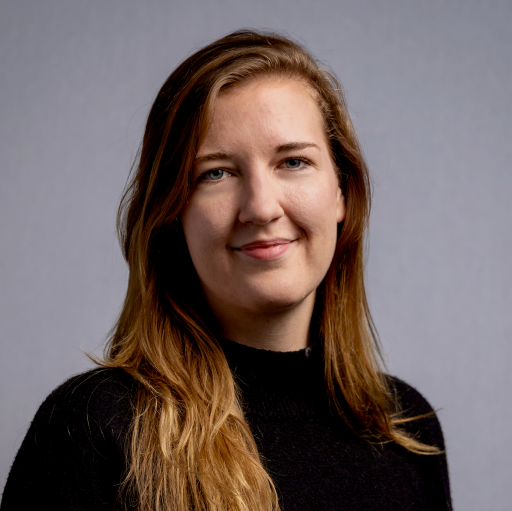
Laura Weihl (ESR #4) is a Ph.D. Student in the REMARO project since August 2021. Her background is in Maths, Computer Science and Machine Learning. She has worked on Facial Verification using Machine Vision, more recently she has been interested in Risk Analysis in Iris recognition systems. Right now she is working on fusing Property-based Testing with Neural Networks of perception components in underwater robots. If you don’t find her coding she is playing piano or singing in a choir.
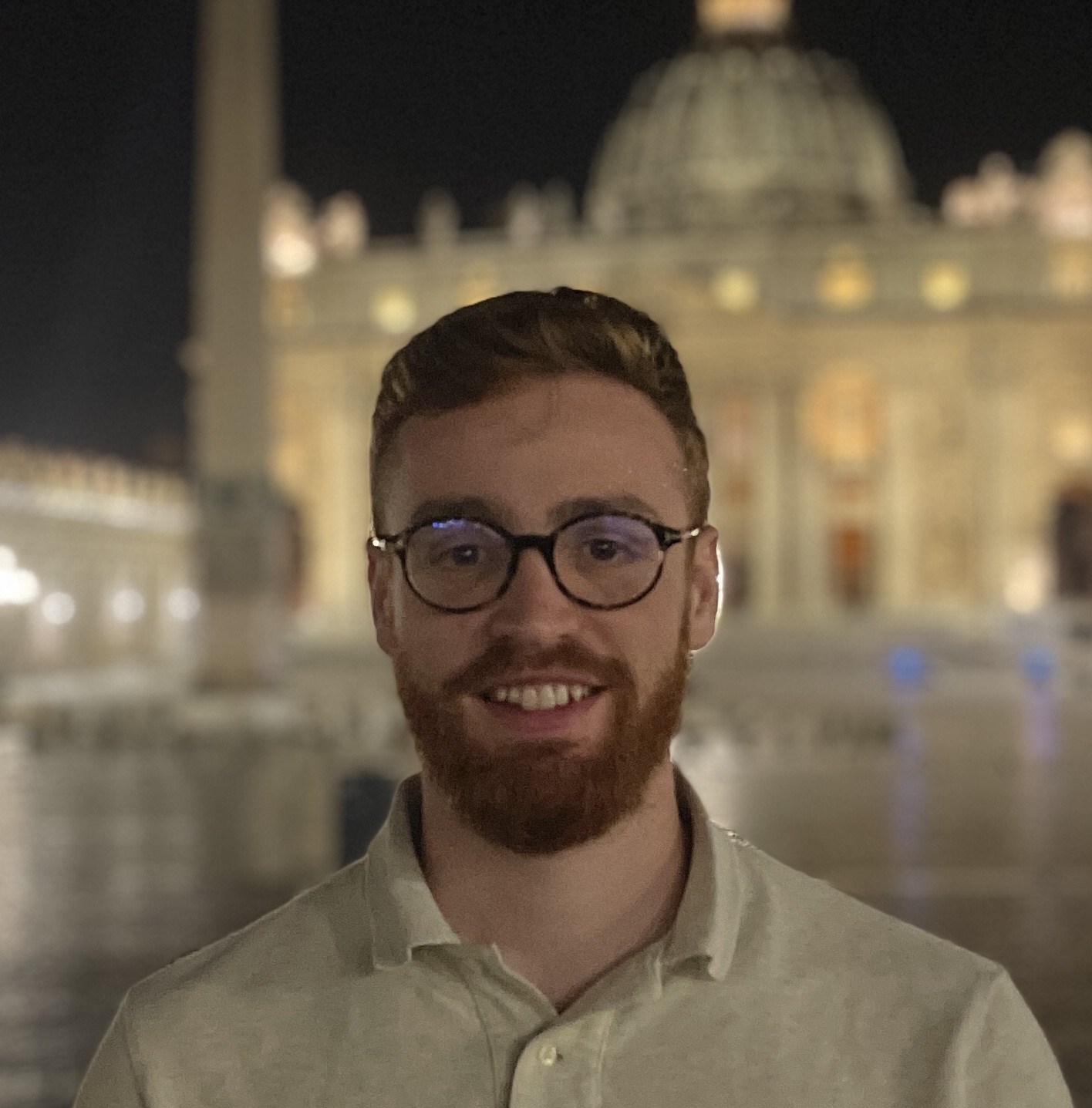
Martin Aubard (ESR #5) owns his Bachelor’s degree in Electrical Engineering (2017) and his Master’s Degree in Control and Industrial Computing at the University of Technology of Troyes in France (2020). For his Master’s thesis, he developed an automated vision-based robotic arm at Sintef, located in Oslo in Norway. Within REMARO, he will work on developing algorithms for sonar-based navigation for underwater safety-critical applications. The aim is to perform safety analysis for navigation and surveying AUVs to mitigate and overcome risks. His main supervisor is Prof. Ana Maria Madureira from ISEP and his industrial supervisor is Luis Madureira from OMST. His current fields of research interest are robot navigation, machine learning, and computer vision.
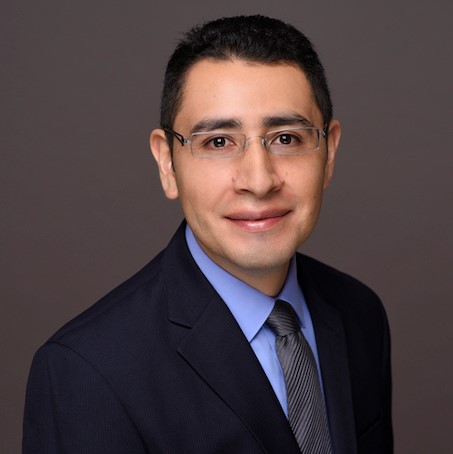
Sergio Quijano (ESR #7) is a Ph.D. student at the IT University of Copenhagen. His academic background consists of a Computational Systems Engineering degree and an MSc. in Informatics from the Technical University of Munich. He counts several years of experience as a Software Engineer. In REMARO, under the supervision of Dr. Mahsa Varshosaz and Prof. Andrzej Wasowski, he is working on Model-Based Testing to support system-level safety assessment for autonomous underwater robots. His main research interests are Software and Systems Engineering, Safety Engineering, Self-Adaptive and Multi-Agent Systems.
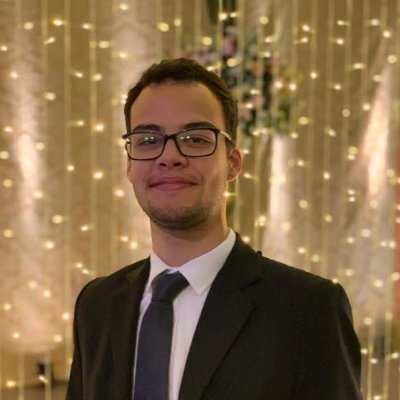
Gustavo Silva (ESR #8) is a Ph.D. candidate at TU Delft, his Ph.D. goal is to push the state-of-art of self-adaptation for autonomous robots, more specifically underwater robots, endowing them with the capability to adapt their architecture during operation. His main supervisor is Carlos Hernández Corbato. As for his background, he holds a degree in Mechatronics Engineering from the Universidade Federal de Uberlândia, and a master’s degree in Automation and Systems Engineering from the Universidade Federal de Santa Catarina. During his bachelor’s degree, he had experience with humanoid robot soccer competitions, indoor positioning systems using passive RFIDs tags, and digital image processing applied to precision agriculture. His master’s degree was in the area of Multi-Agent Systems, more specifically he explored how to integrate active perception within the reasoning cycle of BDI agents. In addition, he worked briefly in the private sector developing robotics R&D projects aimed at the oil industry and supermarkets.
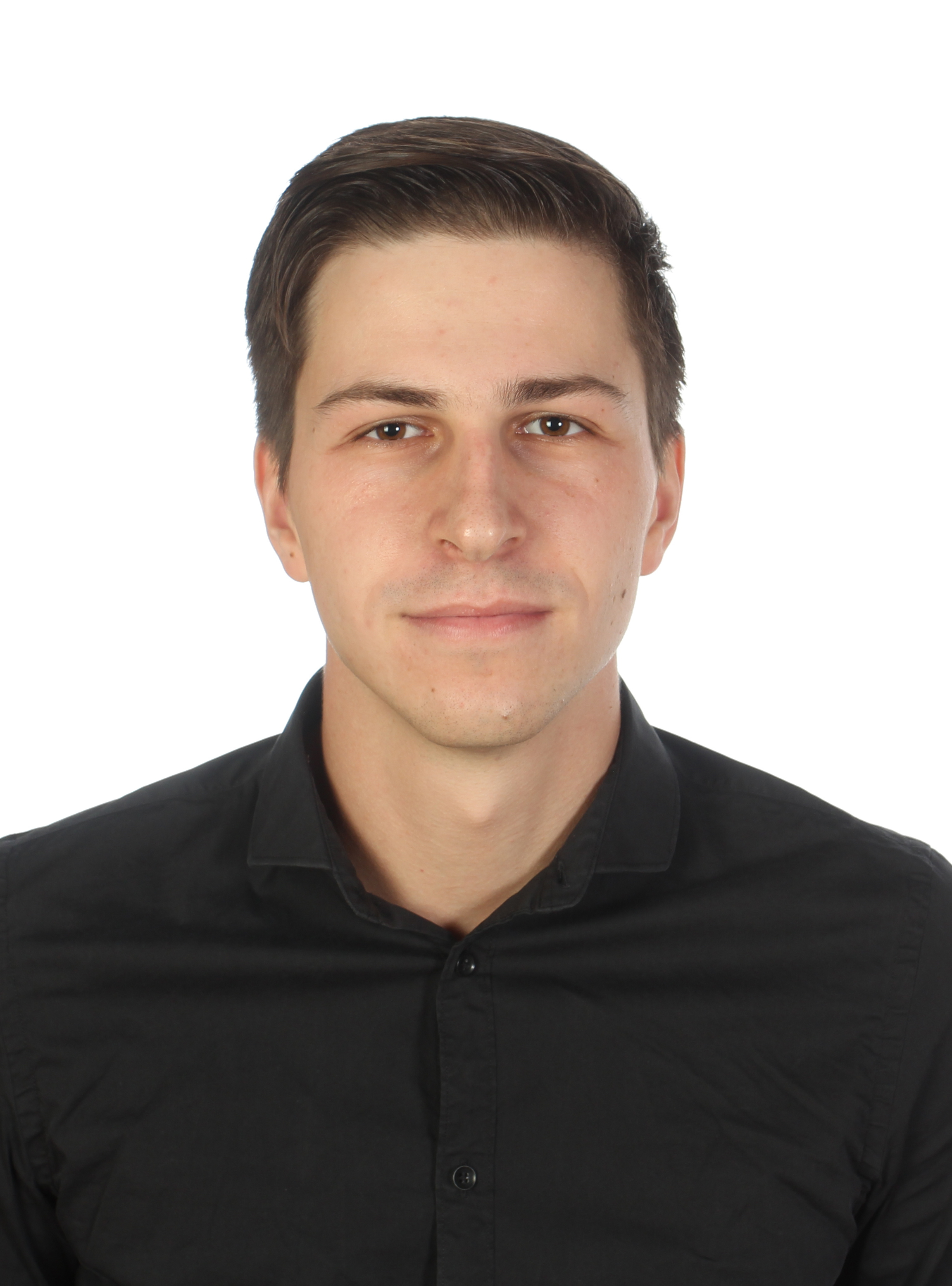
László Antal (ESR #9) is an early-stage researcher of the research group Theory of Hybrid Systems at RWTH Aachen University, Germany. His previous studies involve a BSc in Computer Science and an MSc in Data Analysis and Modelling, both at the Babes-Bolyai University of Cluj-Napoca, Romania. During his studies, he participated in multiple projects involving AI and robotics, e.g. he with his team participated in a challenge, with the scope of building an autonomous robot vehicle, that can navigate on an artificial track. In REMARO he is one of the persons who are responsible for assessing the safety of AI-based learning methods used on the underwater robot. He will be working under the supervision of professor Erika Ábrahám. His current interests are Machine Learning, Computer Vision and Formal Methods.
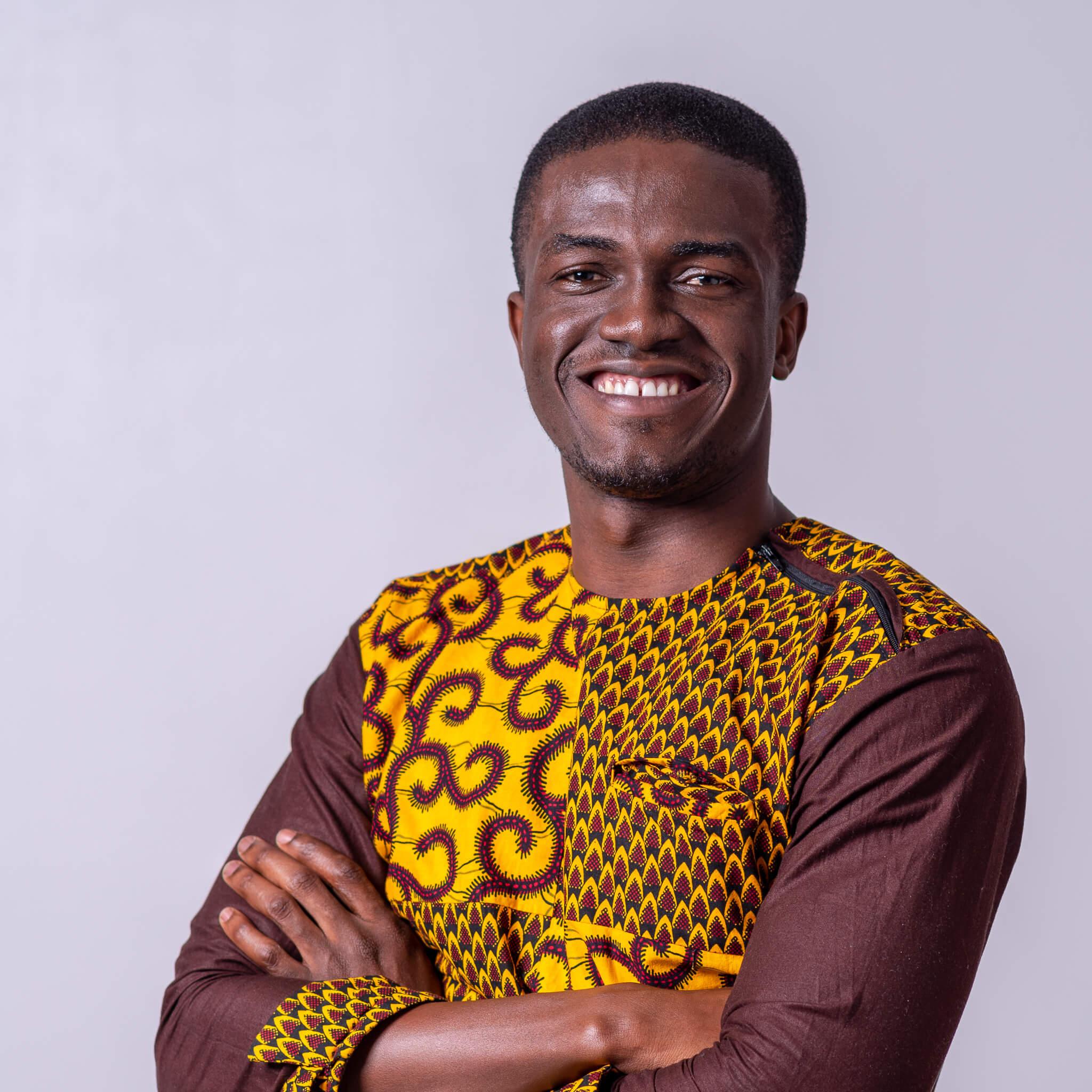
Derrick Odonkor (ESR #10) owns a bachelor’s degree in Computer Science from Ashesi University and a Master’s degree in Information Technology (specifically, Software Engineering and Robotics) from Carnegie Mellon University. He is currently pursuing his Ph.D. at the Institute of AI (University of Bremen) under the supervision of Prof. Michael Beetz. Also, under the supervision of Dr. Peter Kampmann at the ROSEN Research and Technology center, he is receiving industry experience on how AUVs work in the real world. His project is to explore the use of Unreal Engine to build a photo-realistic representation of the Underwater space, including the ontological model of the environment in KnowRob. In addition, he is currently interested in Robotics simulation, manipulation, and automation.

Jeremy Coffelt (ESR #11) holds a MSc in Electrical Engineering from the Technical University of Denmark. His thesis investigated real-time anomaly detection in side scan sonar on AUVs. Before returning to school, Jeremy taught mathematics for 10 years in Texas. Since returning to school, he has completed two internships with NASA. Jeremy is currently pursuing a PhD in Artificial Intelligence from the University of Bremen under the supervision of Prof. Michael Beetz. At the same time, he is gaining industry experience with AUVs under the supervision of Dr. Peter Kampmann at ROSEN Research and Technology. The subject of his dissertation will be the development of a knowledge service that will enable autonomous underwater pipeline inspection by AUVs with uncertainty in perception and a priori environmental information. His primary research interests involve applications of AI and computer vision in both traditional imagery and acoustic sensor data, as well as robotics simulation in ROS/Gazebo.
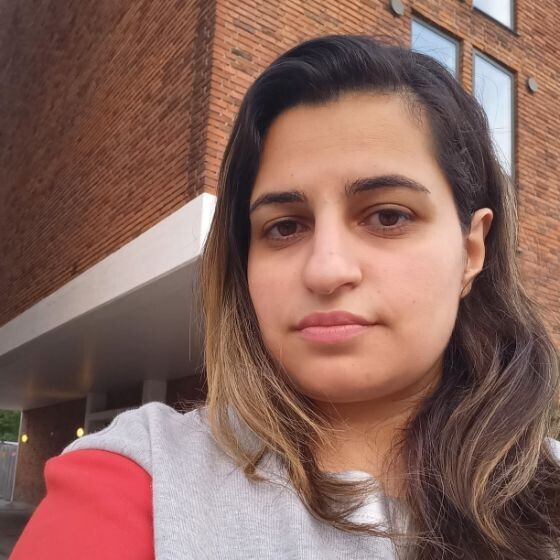
Mahya Mohammadi Kashani (ESR #12) is a Ph.D. student in Computer Science at the IT-University of Copenhagen (SQUARE group). She works as ESR12 under the supervision of Prof. Andrzej Wąsowski and co-supervising of Prof. Michael Beetz (University Bremen) and Dr. Peter Kampmann (Rosen Group). Her Ph.D. project mainly concentrates on designing a Bayesian-inference-based prospection method to improve the reliability of underwater robots performing inspection tasks. There she aims to develop a probabilistic decision-making model to assess risks and probabilities of undesirable states and use this model to assist in plan selection. She has recently become interested in probabilistic programming and probabilistic optimization. Before joining the REMARO group, her main research interests focused on pattern recognition algorithms, particularly sparse reconstruction/coding and search space reduction in the Automatic Image Annotation task. She also worked for one year as a computer vision engineer to develop the vision of industrial recycling robots.
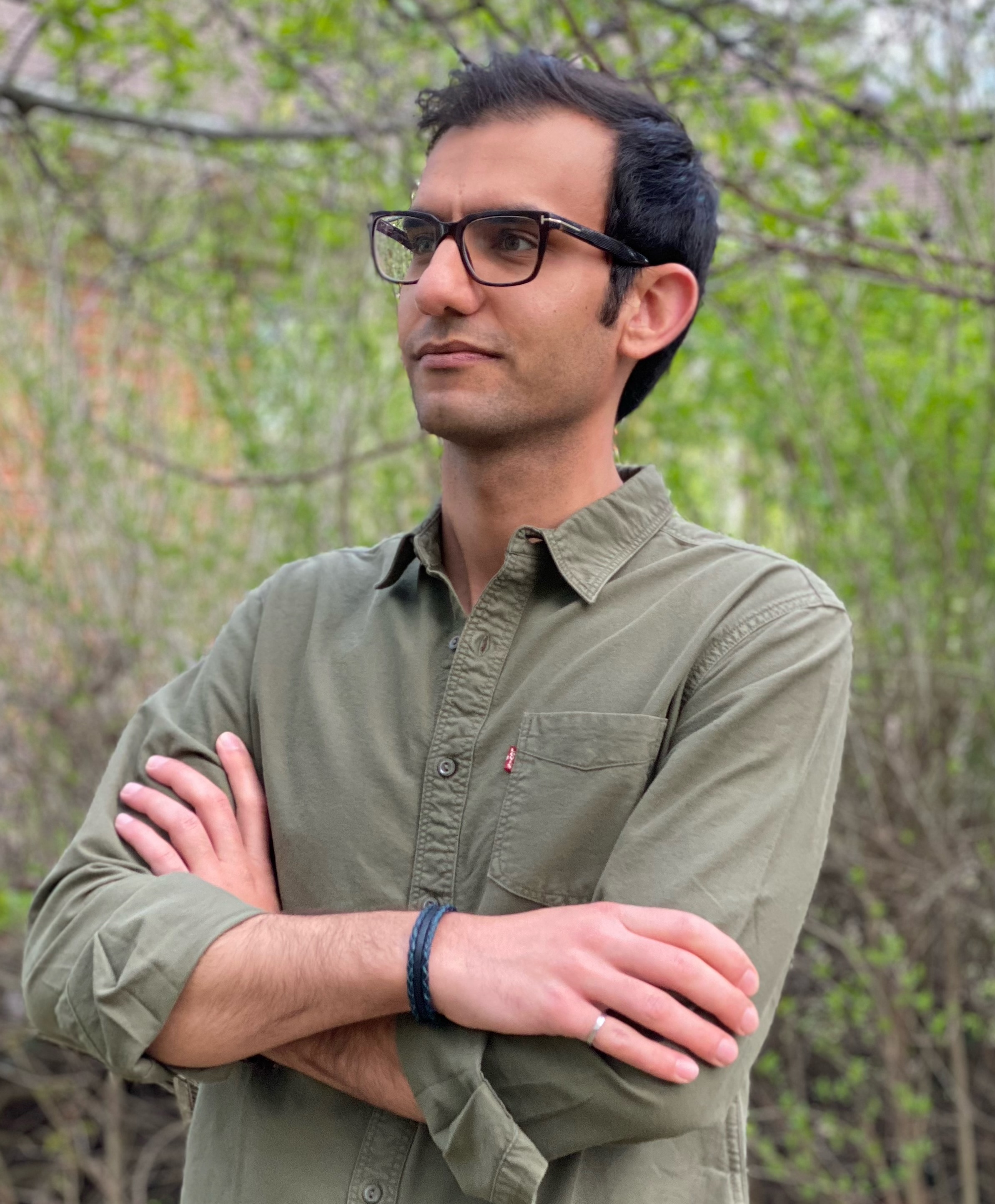
Sasan Vakili (ESR #13) holds a B.Sc. degree in Electrical Engineering with a major in Control Systems from Shiraz University and an M.A.Sc. in Software Engineering from McMaster University. The focus of his M.A.Sc. was formal specification and verification of software systems, particularly hybrid systems, where he designed an Adaptive Cruise Control Plus (ACC+) system and formally verified its safety (collision freedom). Since 2015, he has worked in Blackberry QNX as an embedded software engineer, General Motors of Canada as a control/software engineer, and Thales Canada Transportation Solutions as a safety assurance manager. He is a certified functional safety engineer with research interests in general topics of software and control systems safety. In particular, he is interested in software certification, practical applications of formal methods and testing in real-time systems, and safety verification of agents with continuous/discrete systems operating in uncertain environments. Sasan is currently pursuing his research on formal verification of stochastic hybrid systems for underwater robots under the supervision of Prof. Erika Ábrahám at RWTH University and the co-supervision of Prof. Michael Beetz from the University of Bremen.
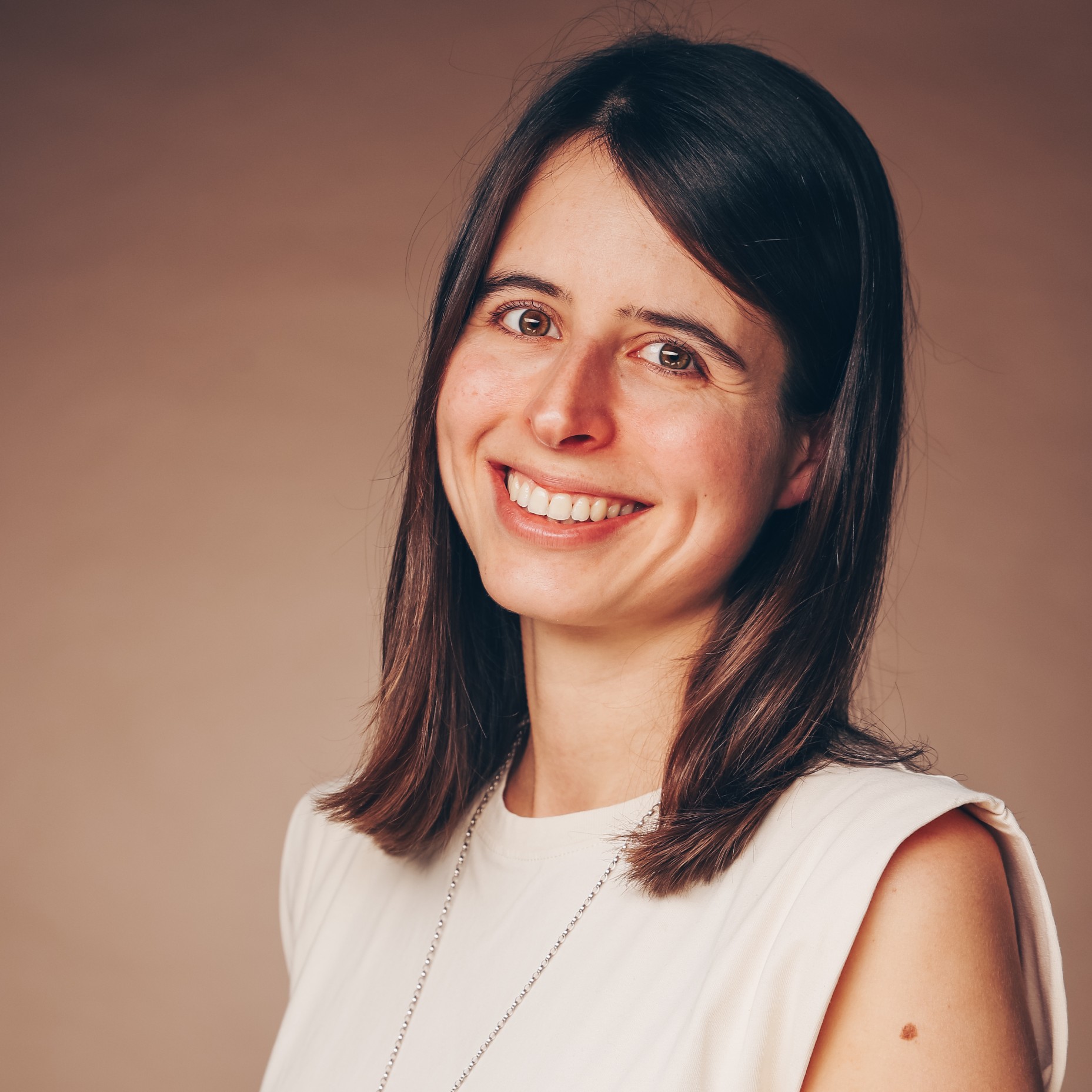
Juliane Päßler (ESR #14) got her BSc and MSc from the University of Münster in mathematics with computer science as a minor subject. Her master’s thesis was on a topic at the crossroad of geometric group theory and mathematical logic. In the REMARO network she works at the University of Oslo under the supervision of Silvia Lizeth Tapia Tarifa, Carlos Hernández Corbato and Luis Madureira. Her Ph.D. project focuses on developing verification methods for self-adaptive systems. She aims to develop analysis techniques that are able to (i) verify that a reconfiguration of the self-adaptive system is required and (ii) verify reconfigurations of the system.
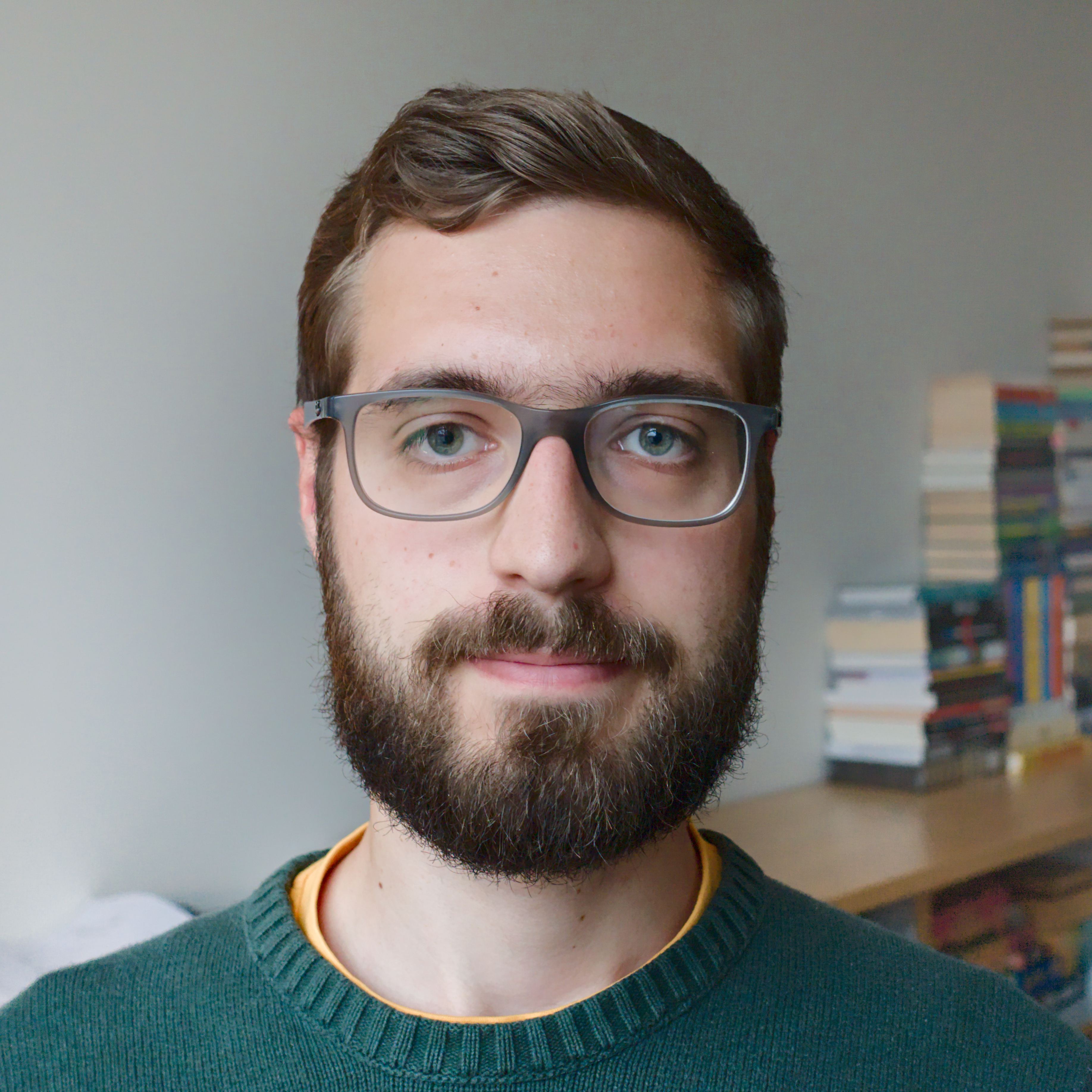
Tobias John (ESR #15) is a Ph.D. student at the University of Oslo. He studied Computer Science at TU Ilmenau and did a Master’s program in Computational Logic at TU Dresden. In REMARO, he is working on using logic to evaluate (and increase) the robustness of controllers that work with evolving knowledge bases. His Ph.D. project is supervised by Einar Broch Johnsen and co-supervised by Erik Stensrud and Michael Beetz.
 REMARO REMARO
REMARO REMARO